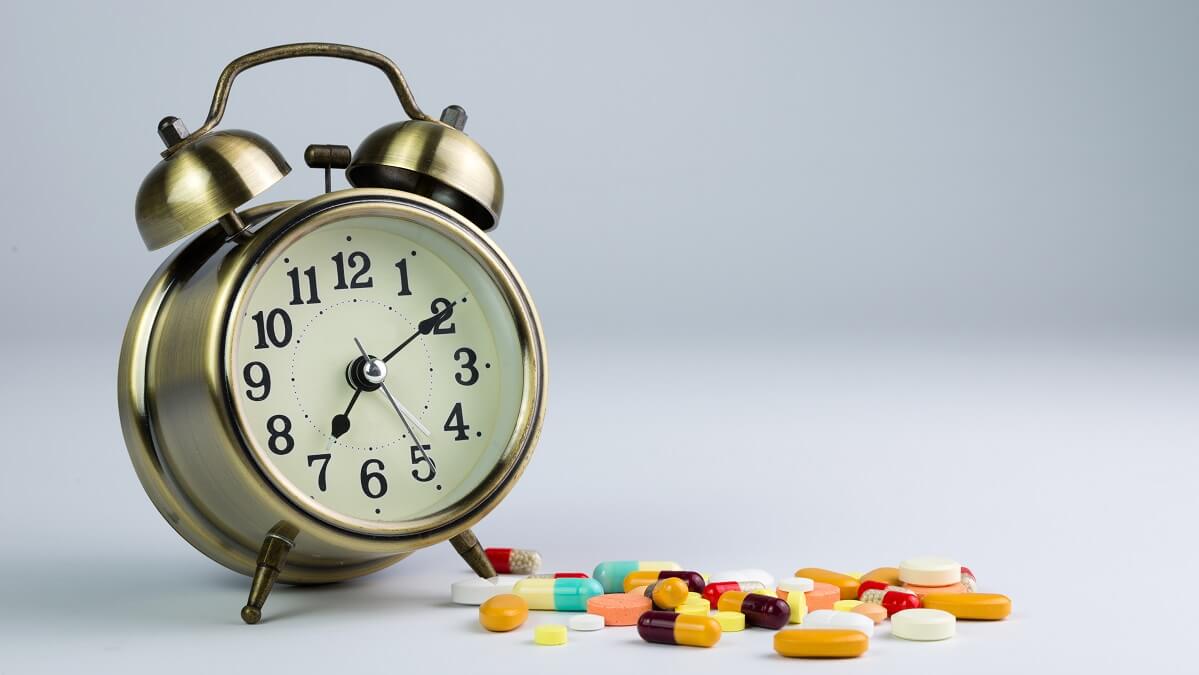A cancer diagnosis is never good – no matter what time of day it’s received. But could the hour you’re screened for cancer have an impact on your test results?
Your body goes through a 24-hour cycle known as your ‘circadian rhythm’. This rhythm dictates, among other things, when you wake, when you sleep and when you feel hungry.
It is also known to have an impact on certain health conditions including epilepsy, cardiovascular disease, diabetes and even some mental health disorders.
Now, research from the Swiss Federal Institute of Technology Zurich reveals your circadian rhythm may also have an impact on cancer diagnosis and the effectiveness of treatment.
The study involved analysing previous studies on cancer diagnosis and treatment, as well as data on the circadian rhythm, to determine if there were any correlations between the two data sets.
They found that cancer metastasis – the spread of cancer cells from one part of the body to another – is linked to the body’s internal rhythm.
The study authors noted as an example that breast cancer is most likely to metastasise while a person is sleeping, whereas prostate cancer tends to spread more during daylight hours.
They also found the time of day that medications are administered can have an impact on how effective they are. The authors cited another study from 2021 that demonstrated melanoma sufferers who received immunotherapeutic drugs before 4.30pm were almost twice as likely to survive than people who received treatment later in the day.
Because different cancers produce proteins at different times of the day, the researchers say that knowing when concentrations of these proteins are at their highest will help decrease the chances of misdiagnosis.
The act of deliberately conducting tests or administering medications at certain times is known as ‘chronotherapy’ and has been used to treat a range of conditions.
Neuro-oncologist Dr Santosh Kesari commented on the study, telling Medical News Today that although chronotherapy holds potential, the concept is still not fully understood and further research is needed to see if altering treatment plans is warranted.
“The question is how big of an effect and is it really worth it to change whether we treat in the morning or afternoon or evening based on the circadian rhythm,” he says.
“I think there is a lot more to learn. And in particular, applying it to humans is going to be difficult, obviously, because the clinics are open 8am to 5pm or 6pm.
“If it’s an IV chemo, then timing it in that context is not easy. Obviously, oral chemos or oral treatments can be done much easier at a specific time.”
Have you ever suspected that the timing of treatments is important? Let us know what you think in the comments section below.
Also read: Surprising link between your brain health and your bone health
Disclaimer: This article contains general information about health issues and is not advice. For health advice, consult your medical practitioner.

